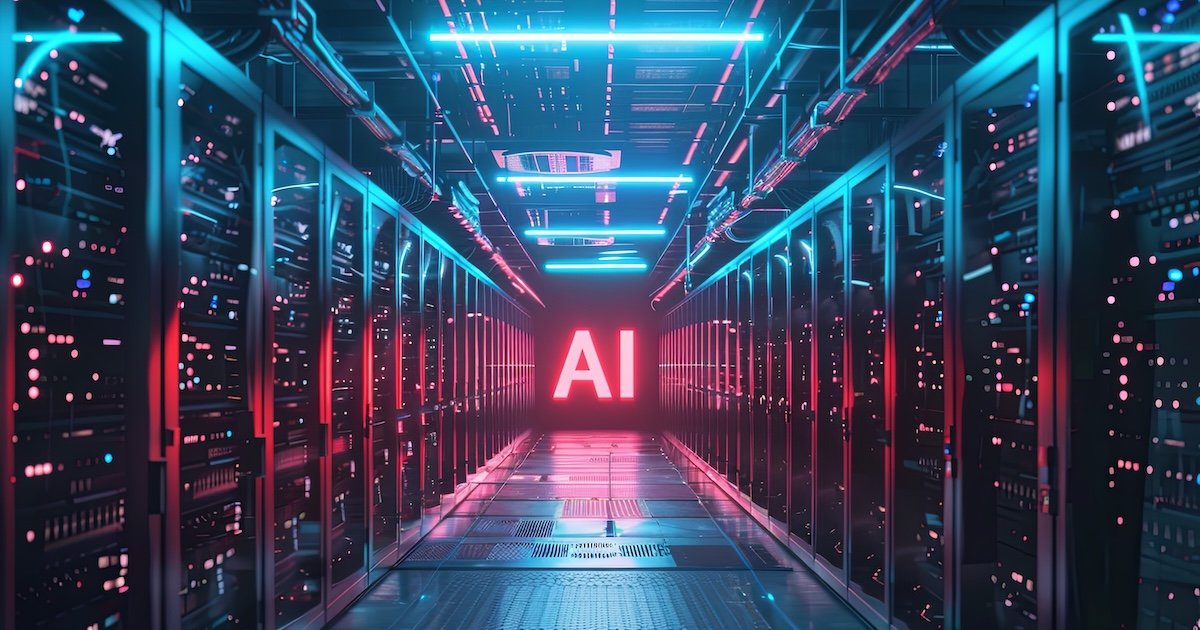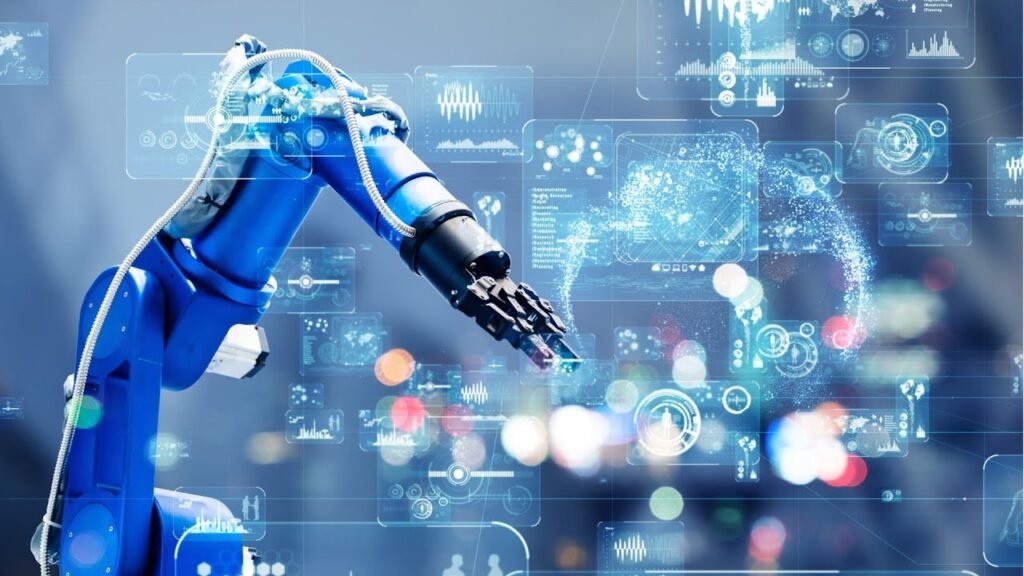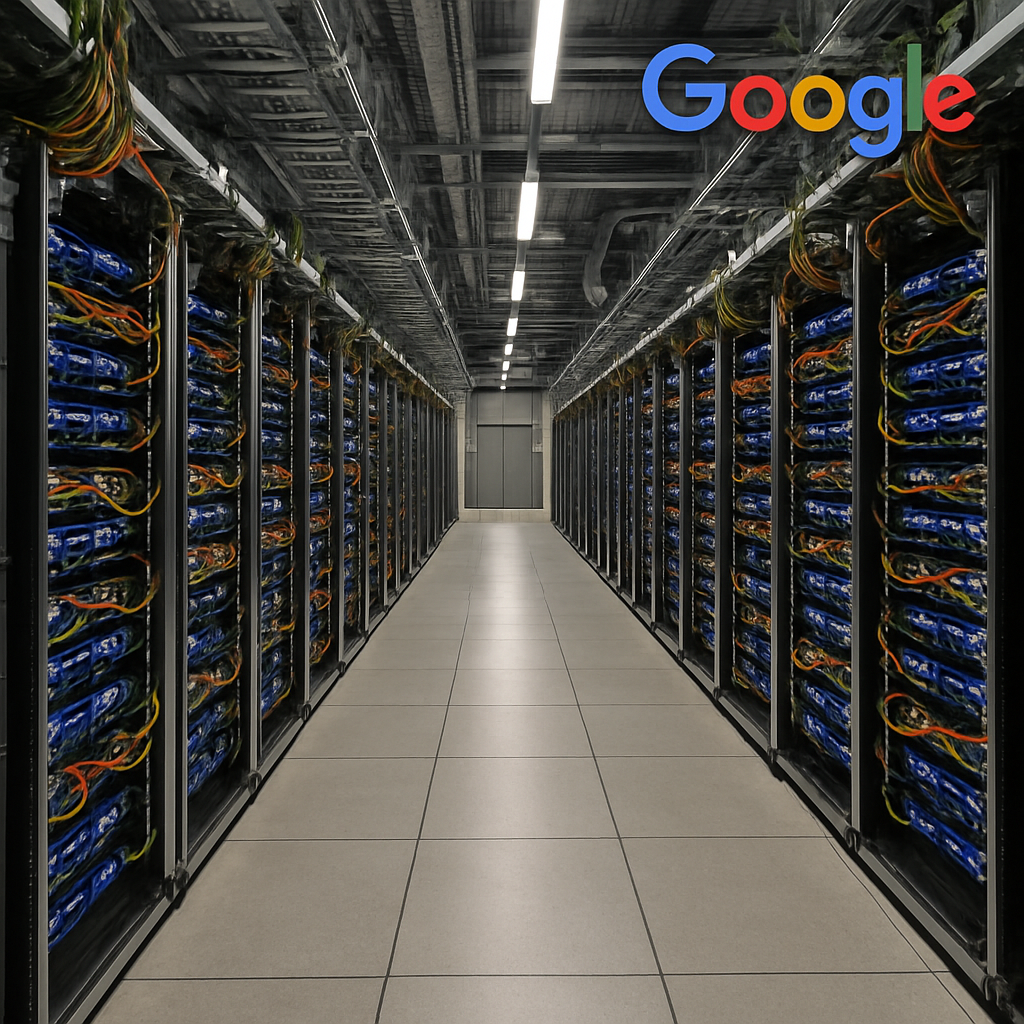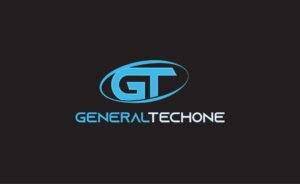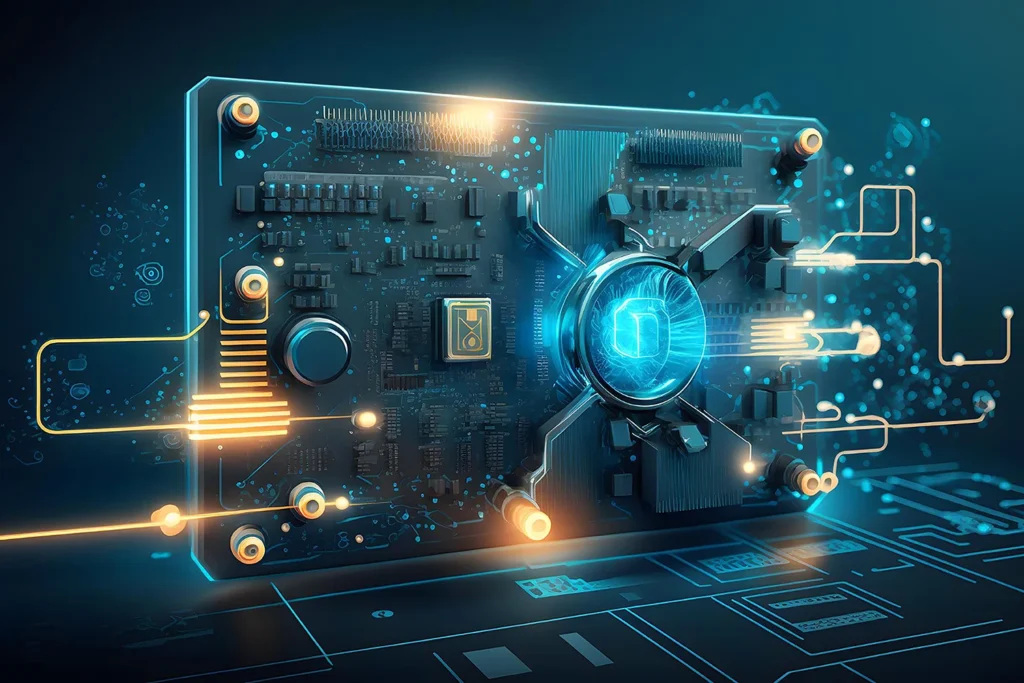The Future of AI Hardware: From Edge Devices to Quantum Chips
Artificial Intelligence is no longer just software running in the cloud — it’s reshaping the very hardware that powers our digital world. From tiny edge devices in your pocket to mind-bending quantum computers, AI hardware is evolving faster than ever.
What Do We Mean by “AI Hardware”?
AI hardware refers to specialized processors, devices, and computing architectures designed to handle the massive workloads of AI applications.
It’s the difference between running a marathon in flip-flops versus wearing custom racing shoes — the hardware built for AI is faster, more efficient, and purpose-built for its unique demands.
Stage 1: Edge Devices — AI at Your Fingertips
Edge AI means running AI directly on local devices instead of relying solely on cloud servers.
Examples of Edge AI devices:
- Smartphones with AI-powered cameras
- Smart speakers with voice recognition
- Wearable health trackers that detect irregular heartbeats
Why it matters:
- Lower latency — instant responses without internet delays
- Better privacy — sensitive data stays on the device
- Energy efficiency — no constant back-and-forth with the cloud
GtechOne Insight: Expect edge AI chips to get smaller, cheaper, and more powerful, bringing advanced intelligence to everyday objects — from coffee machines to security cameras.
Stage 2: AI Accelerators — The Power Players
As AI workloads explode, specialized processors are taking over from traditional CPUs:
- GPUs (Graphics Processing Units) — great for parallel processing and deep learning
- TPUs (Tensor Processing Units) — Google’s custom AI chips for neural networks
- FPGAs (Field Programmable Gate Arrays) — chips that can be reconfigured for specific AI tasks
- ASICs (Application-Specific Integrated Circuits) — ultra-efficient processors built for one purpose
These chips live in data centers, AI research labs, and autonomous machines, handling billions of calculations per second.
Stage 3: Neuromorphic Computing — Brain-Inspired AI
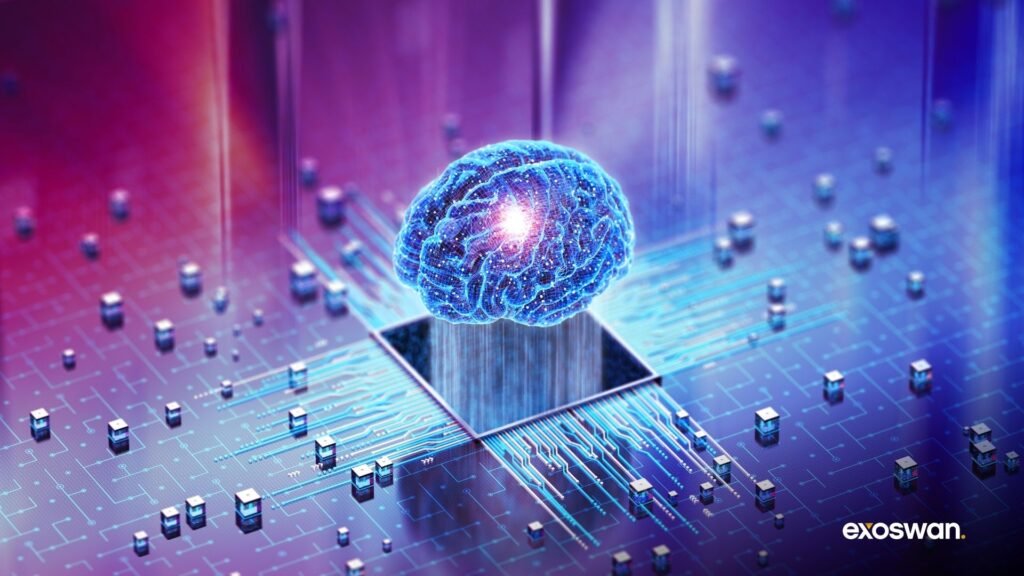
Neuromorphic chips mimic how human brains process information using artificial neurons and synapses.
Benefits:
- Ultra-low power consumption
- Real-time sensory processing
- Better adaptability in changing environments
GtechOne Prediction: Neuromorphic AI will be key for robots, drones, and IoT devices that need to think quickly without relying on the cloud.
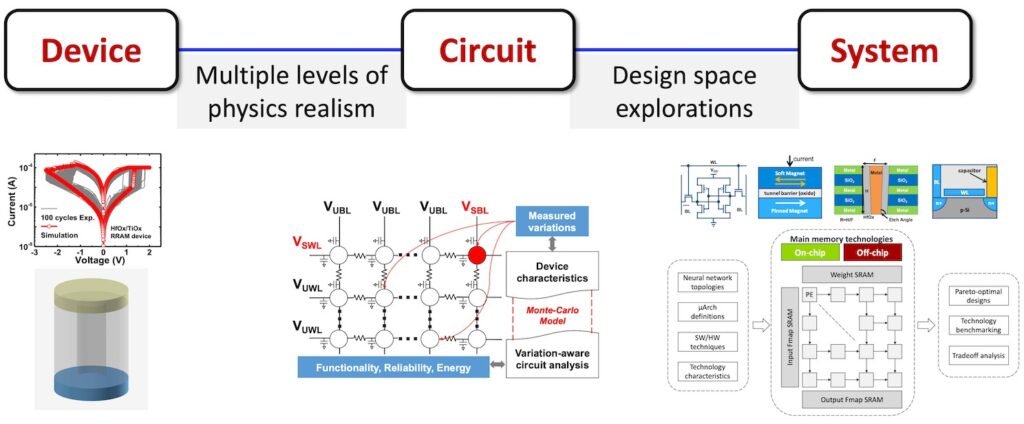
Stage 4: Quantum Chips — The AI Game-Changer
Quantum computing uses qubits instead of regular bits, allowing it to perform certain types of calculations at unimaginable speeds.
Potential for AI:
- Accelerating machine learning model training
- Solving optimization problems faster
- Handling massive datasets beyond classical computing limits
⚠ Reality check: Quantum AI is still in its infancy — most companies are experimenting in labs, not production. But once the tech matures, it could redefine AI capabilities entirely.
Why This Matters for the Future of Work & Life
The AI hardware race isn’t just about speed — it’s about accessibility and application:
- Smarter homes with real-time decision-making appliances
- Safer transportation with instant autonomous vehicle responses
- Personalized healthcare with edge AI diagnostics
- Breakthrough science powered by quantum algorithms
At GtechOne, we believe the real magic happens when AI hardware becomes invisible — seamlessly embedded into our daily lives, making tech faster, safer, and smarter without us even noticing.
Stay Ahead with GtechOne
We’ll be tracking every leap in AI hardware innovation — from the chips in your phone to the quantum processors shaping tomorrow.
Join our newsletter for:
- Expert breakdowns of AI trends
- Reviews of emerging AI devices
- Tools and resources to help you ride the AI wave


